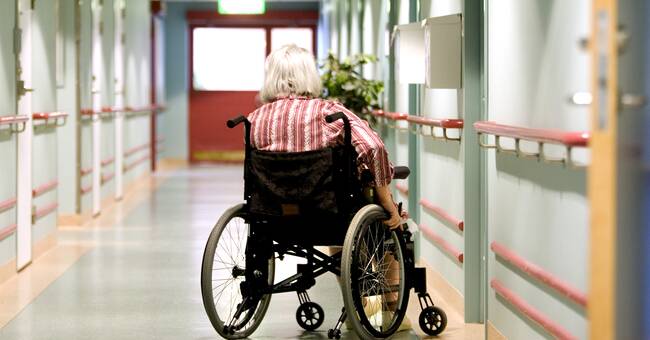The woman at the nursing home in Ulricehamn deteriorated acutely one night at the end of January.
Her health values declined so sharply that a nurse judged that care at the end of life should begin.
Over the next five days, the patient in the nursing home received a series of palliative prescriptions, including morphine injections to reduce pain and anxiety.
But not once was the resident's doctor contacted to make a further assessment of the patient's condition.
Relatives believe they saved the woman's life
Relatives were contacted the night before when the woman's health condition deteriorated and pointed out that the patient had had foul-smelling urine for some time.
In the coming days, they must on a number of occasions have stopped the narcotic drugs because they felt that she had no pain and was negatively affected.
Instead, they gave the woman food and water, which they believe led to her condition improving and may have saved her life.
Despite several complaints to nurses about interrupting the palliative care efforts at the end of life, the relatives were not heard.
Finally, relatives did a urine test themselves which showed that the woman had bacteria in her urine, and after contact with a doctor, antibiotic treatment for urinary tract infection was started instead.
"Risked serious medical injuries"
After the antibiotic treatment, the woman must have recovered well, but after a review of the relatives' complaints, it was decided to make a lex Maria report.
The assessment states that the patient risked serious care injuries when doctors were not contacted during the deterioration, and that vital parameters have not been followed up to a sufficient extent and according to routine.

